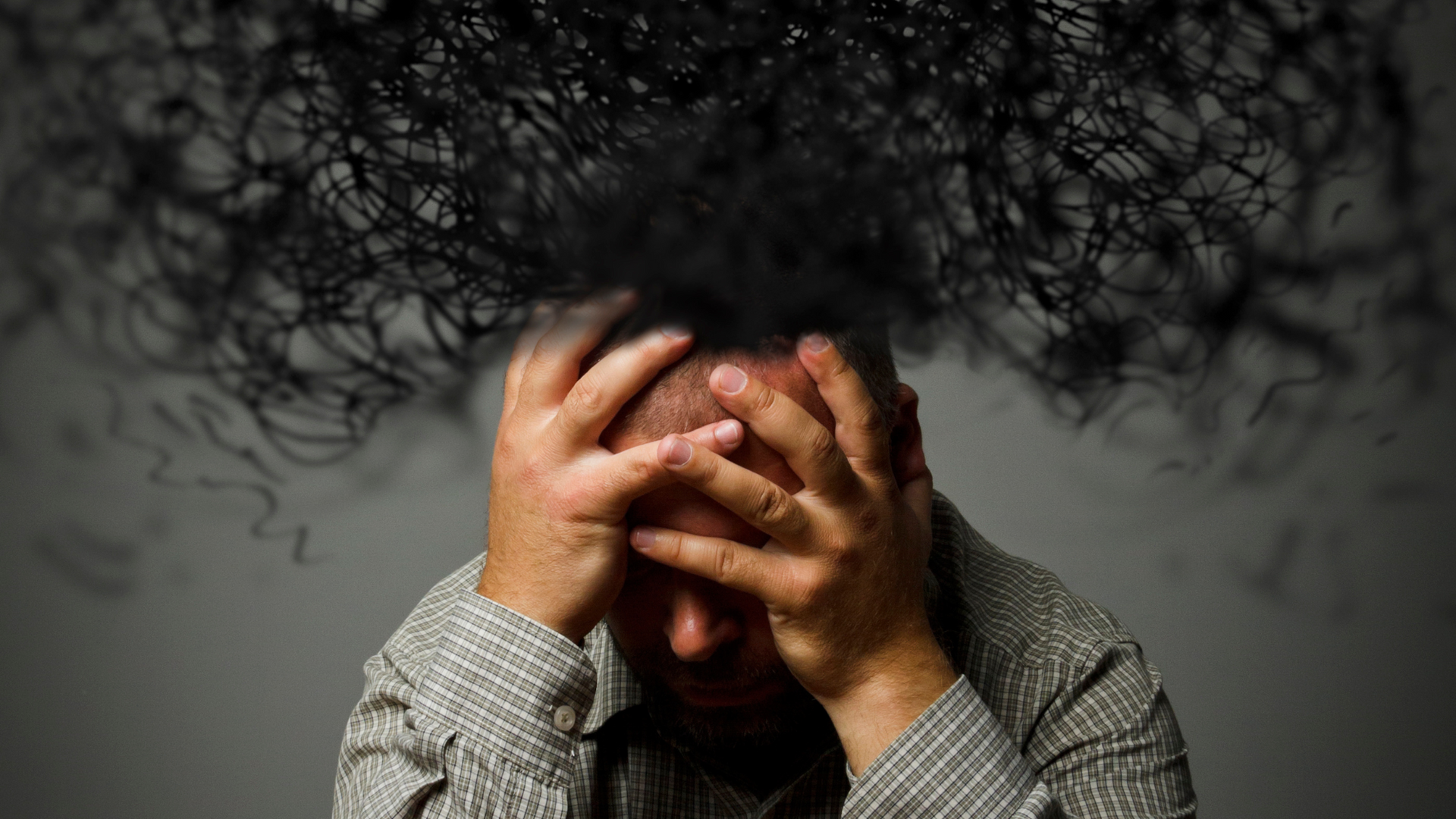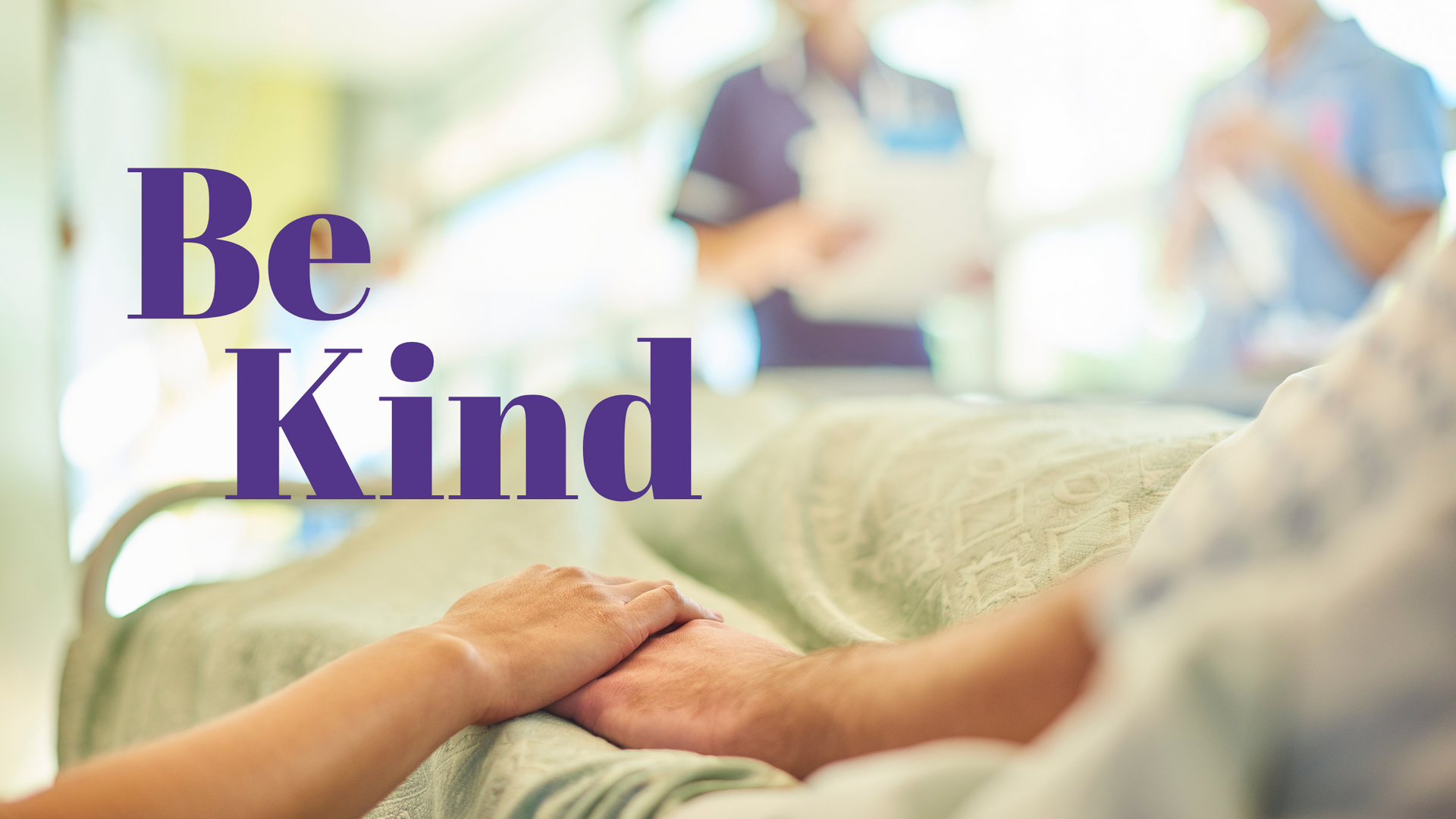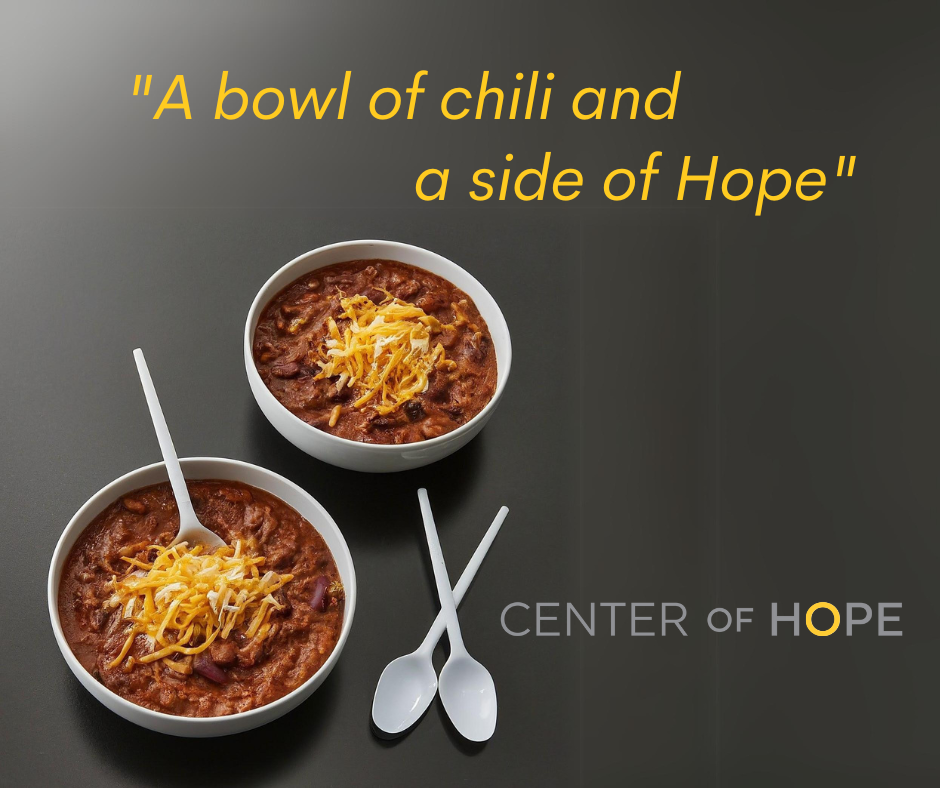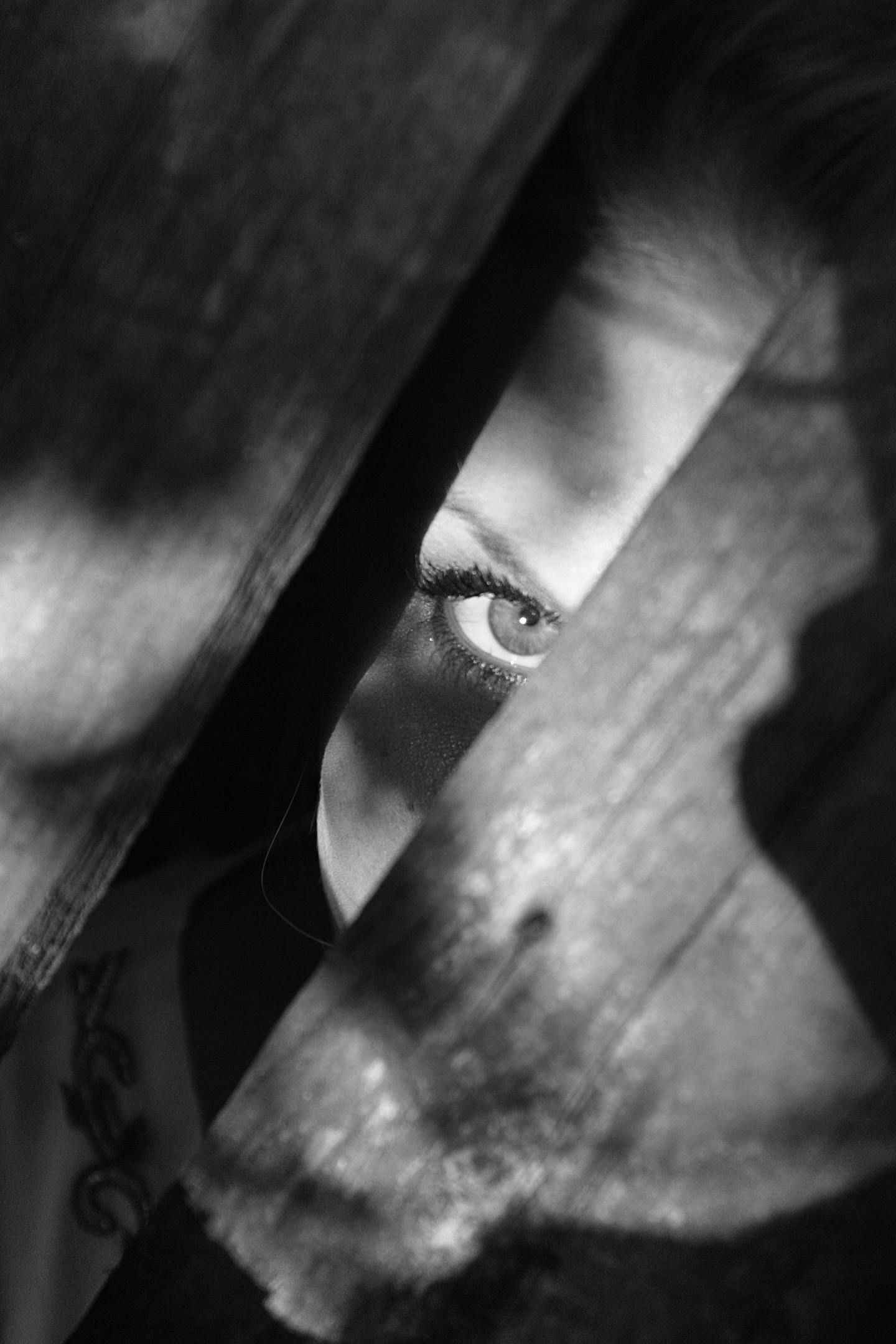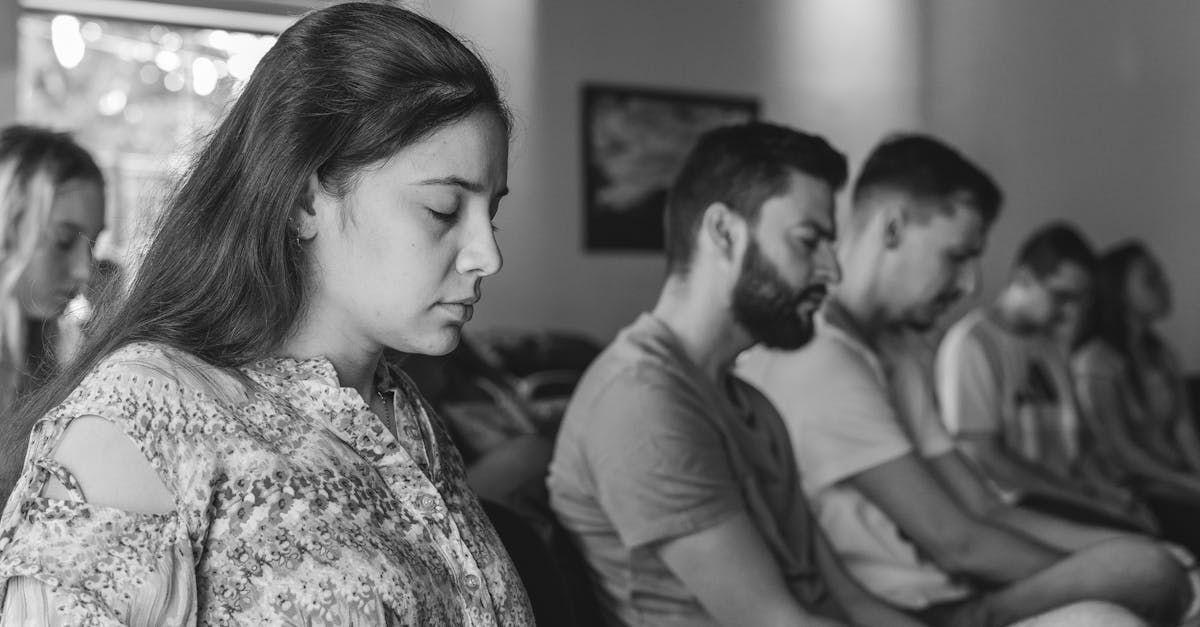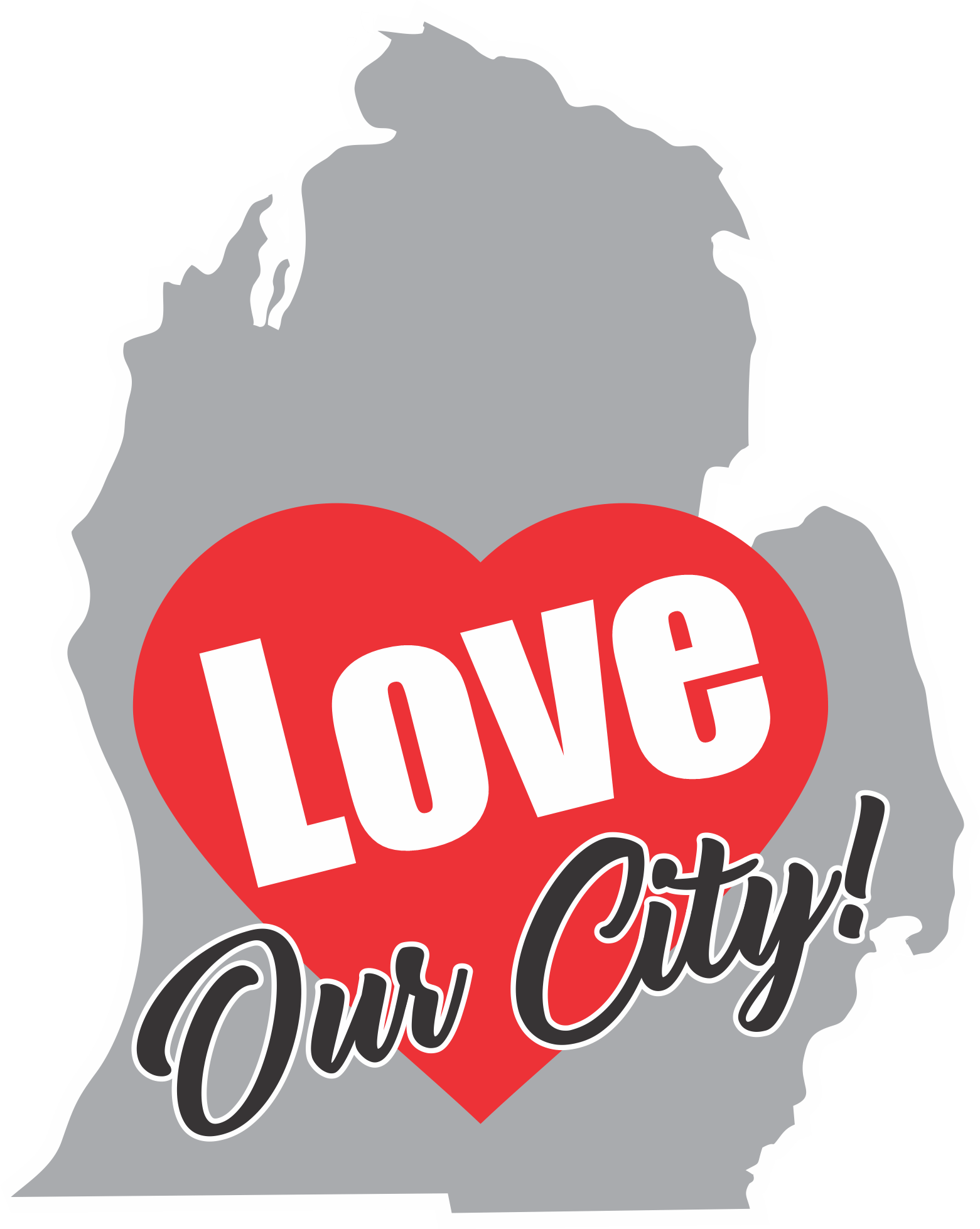What Happened to You?
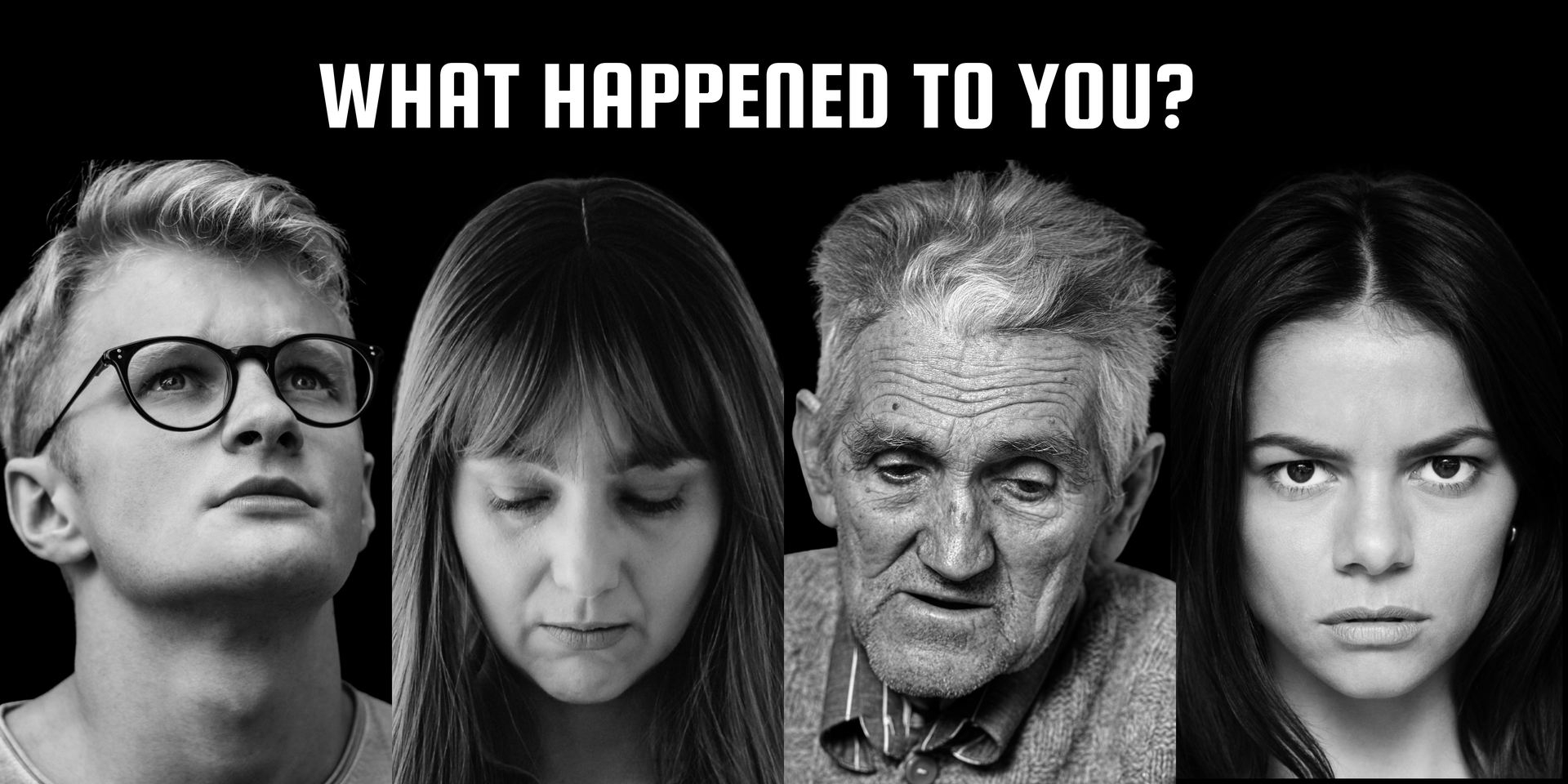
A Reflection from the Center of Hope
A young man walked into the Center of Hope recently, searching for resources. Homeless and living in a tent, he spoke softly, slowly, and with a surprising gentleness. Clean-cut and polite, he began telling me about his education. It was impressive; far beyond what I expected.
Despite his academic achievements, the only job he could find, and manage emotionally, was at a local fast-food restaurant. I couldn’t help but wonder, what happened to him to lead to this point?
As the days passed and our conversations grew deeper, I learned more. I learned of the childhood abuse he endured. Of the dozens of foster homes he cycled through. Of time spent in juvenile detention, not for committing a crime, but for defending himself. I learned that the only person he had ever truly loved, his mother, had died. She was the one person he never seemed angry with. His anchor. Gone.
She showed up at our door needing diapers and clothes for her children. Homeless, living in her car, and returning to the town where she once lived as a little girl, she came seeking a fresh start. She had a calm presence and carried herself with grace. From the outside, she looked like she had it all together. But the truth was very different.
When I heard her story, my heart broke.
As a teenager, she was trafficked. Innocent. Vulnerable. Her childhood ended in an instant. No counseling. No support. No words like "trafficking" to explain what had happened. People in her community didn’t talk about things like this.
The next two decades were spent bouncing from state to state, man to man, each one more abusive than the last. And now, she has two beautiful children witnessing the same painful patterns. She is desperate to break the cycle but doesn’t know how.
He’s been coming to our food pantry for years. Always with a smile, a joke, and a big hug on the way out. One of the kindest men I’ve ever met. Though he battles chronic health issues and is a senior himself, he’s spent years caring for his elderly mother.
He rarely asks for anything. Visits are sporadic, months apart sometimes. So when he called one day and specifically asked for me, I knew something was wrong.
When I answered, all I could hear was sobbing. He tried to speak, but the words wouldn’t come. Just cries. Deep, soul-aching cries.
Finally, I made out a few words: “I want to die.”
His mom had recently passed. Shortly after, his sister, who he cared for during her cancer battle, also died. In the chaos of funeral planning and grief, he fell behind on rent. Now he was being evicted. Alone. Heartbroken. Hopeless.
She comes regularly for diapers and food. She often misses appointments and can be short with our staff. She breaks rules. She’s tired, sad, and always seems weighed down, even with her vibrant children at her side. I used to wonder, how can she be so miserable when surrounded by such joy?
So we got curious, not judgmental.
We paired her with a consistent mentor. We gave her space. And slowly, she opened up.
Her father, her hero, her sole support, had recently taken his own life. She was postpartum at the time, battling depression, overwhelmed with grief. She had spent her entire monthly budget on his funeral. Then, during a routine medical checkup, she was told she had cancer.
We still don’t know the full story of her home life, but we know enough to offer grace. And she’s beginning to trust us, one step at a time.
This is why I’m writing.
Because you never know what someone is going through… or what they’ve survived just to stand in front of you today.
It’s so easy to judge. To get frustrated. To react.
But what if we stopped and truly listened? What if we asked not, “What’s wrong with you?”, but “What happened to you?”
I’m a fixer by nature. I always want to help, to solve, to rescue. But the older I get, the more I realize: I can’t fix everything. Sometimes, the best thing we can do is simply listen.
Recently, someone told me that the greatest gift I gave her was that I heard her.
That’s what we strive to do at the Center of Hope. We can’t erase trauma. We can’t undo the past. But we can love people where they are. We can walk alongside them through their hardest days. We can offer dignity. We can offer presence. And, most importantly…
We can offer HOPE.
Hope Journal
